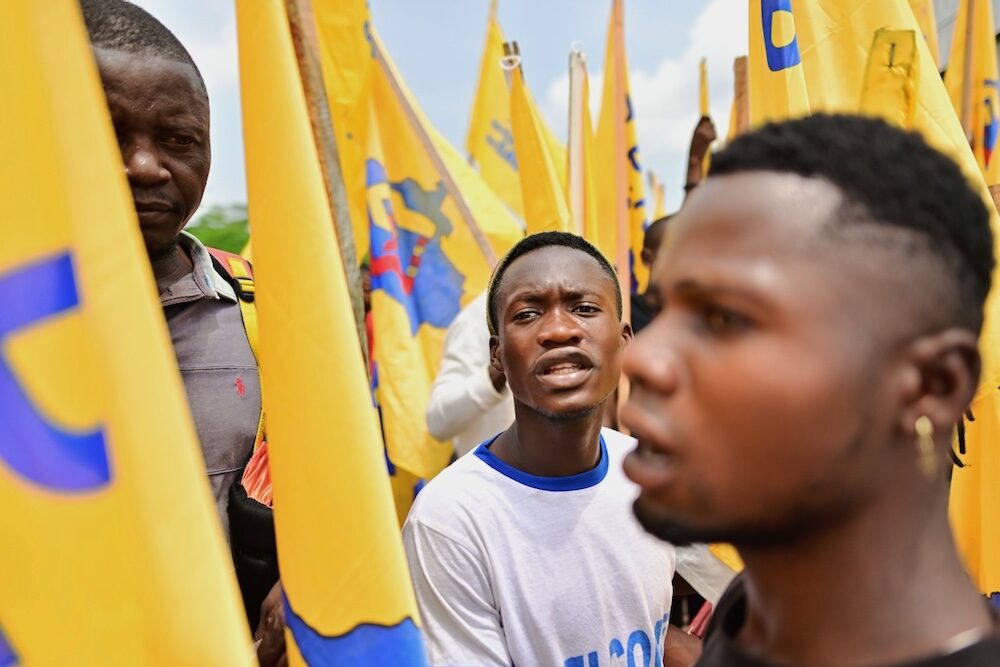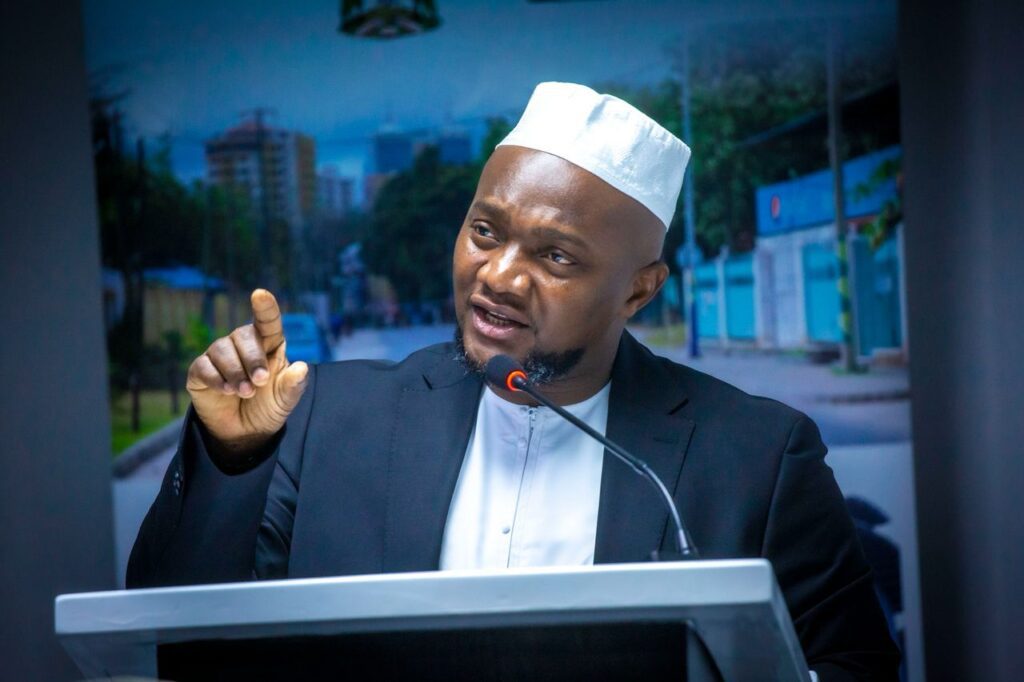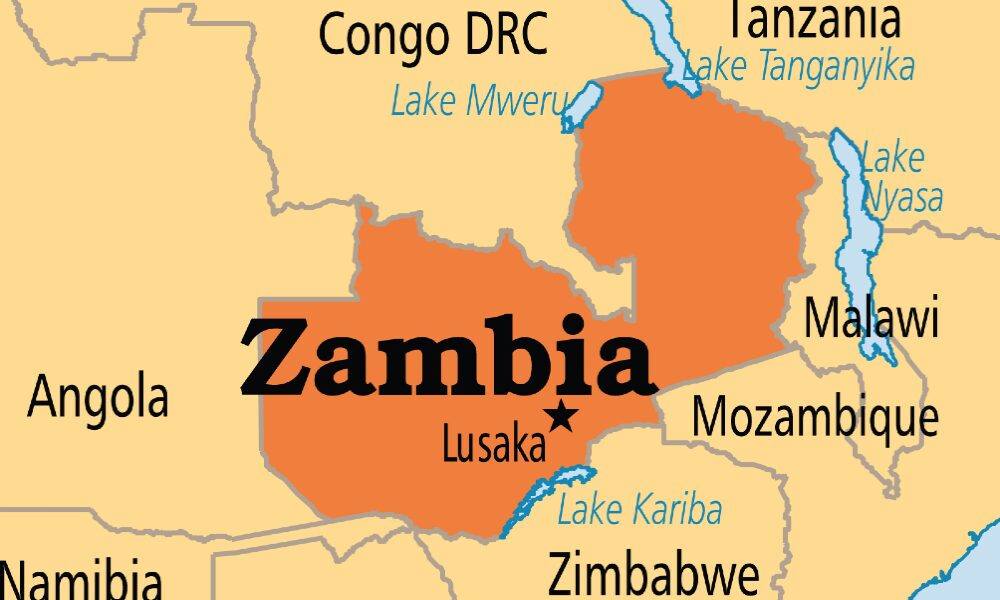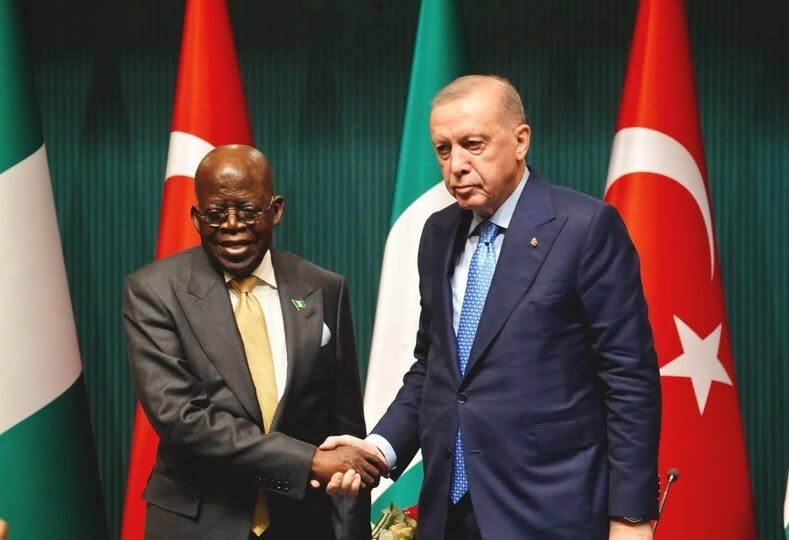
Tuesday, 25th March 2025.

By inAfrika Reporter
In a firm call to action, Minister of State in the President’s Office for Regional Administration and Local Government, Hon. Mohamed Mchengerwa, has issued a directive prohibiting lorries from using the Bus Rapid Transit (BRT) lanes, citing rising damage to the city’s road infrastructure.
Speaking during the signing ceremony of nine major road construction contracts worth TZS 221.8 billion, Hon. Mchengerwa criticized the growing trend of heavy trucks encroaching on roads specifically designed for rapid commuter transport. The projects, under the second phase of the Dar es Salaam Metropolitan Development Project (DMDP II), will upgrade over 84 kilometers of road network across the city’s municipalities.
“The President has made it clear—traffic congestion must be addressed. Councils must rethink their strategies. Allowing light vehicles on BRT lanes may have been tolerable under certain conditions, but the passage of large trucks is unacceptable and is already compromising road quality,” the Minister stated.
He emphasized that moving forward, strict enforcement would be applied to ensure lorries are completely restricted from the BRT system. “We cannot allow infrastructure meant for public transit to deteriorate due to misuse,” he warned.
In a broader push for sustainable urban mobility, Hon. Mchengerwa also proposed an overhaul of budgetary allocations for road development, suggesting that more than 10% of locally generated revenue be earmarked for TARURA (the Rural and Urban Roads Agency) to enable round-the-clock supervision and maintenance of critical road networks.
He urged regional TARURA offices and municipal authorities to open up and rehabilitate alternative routes to ease congestion in Dar es Salaam. “Now is the time to think boldly. We must design and implement strategic road solutions that truly address the transport challenges of this growing city,” he concluded. The signing ceremony marks a significant milestone in the city’s infrastructure transformation agenda, setting the stage for improved traffic flow and a more resilient road network.


